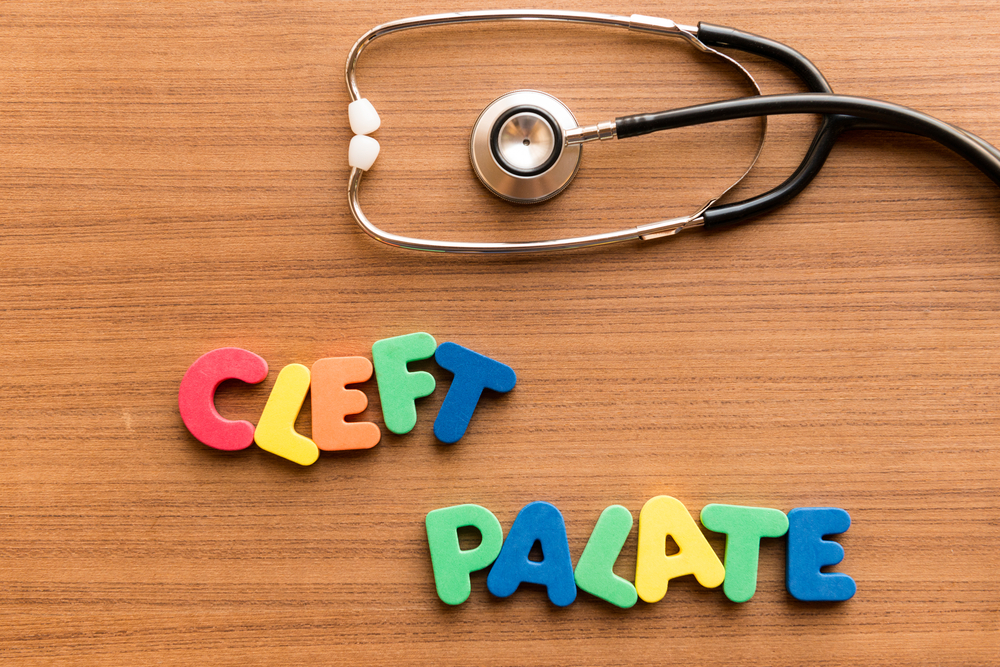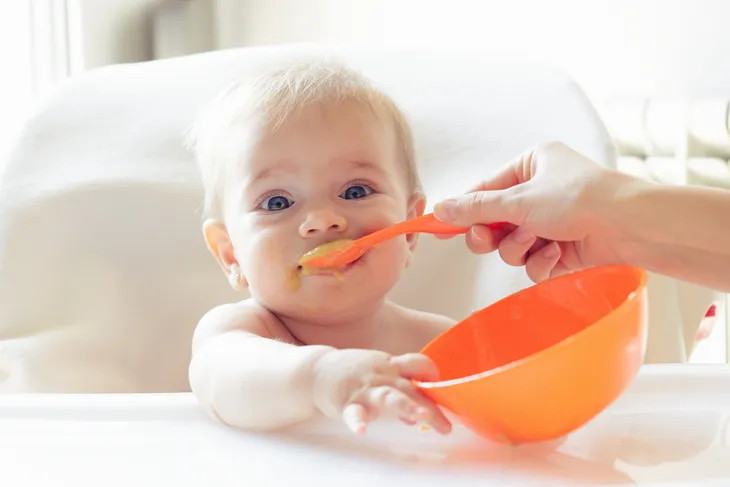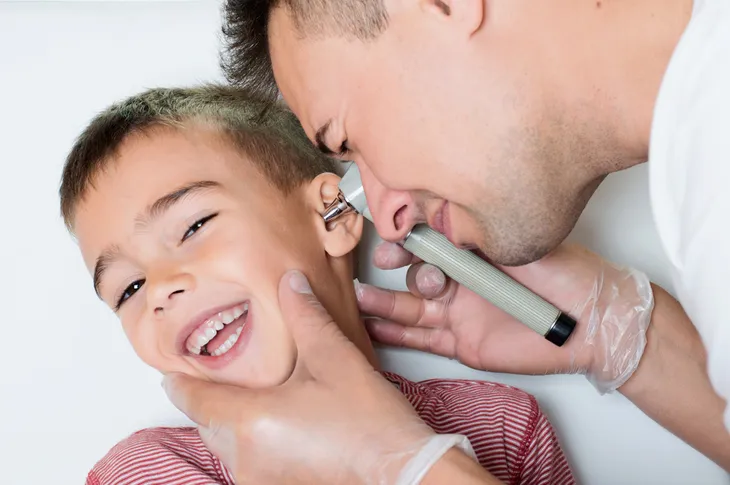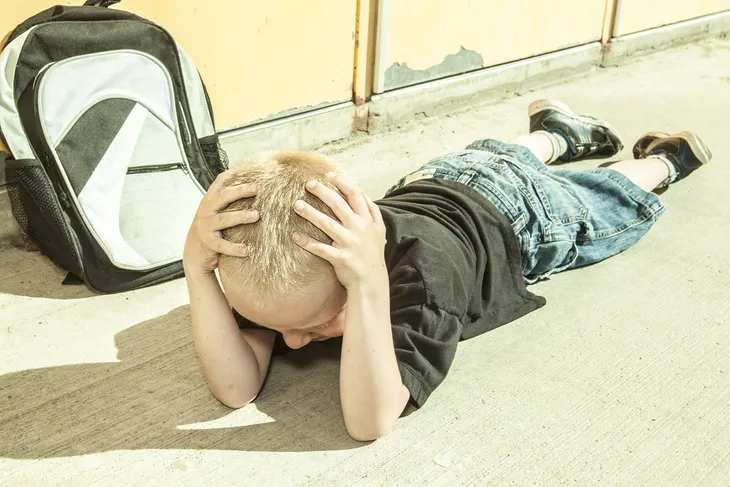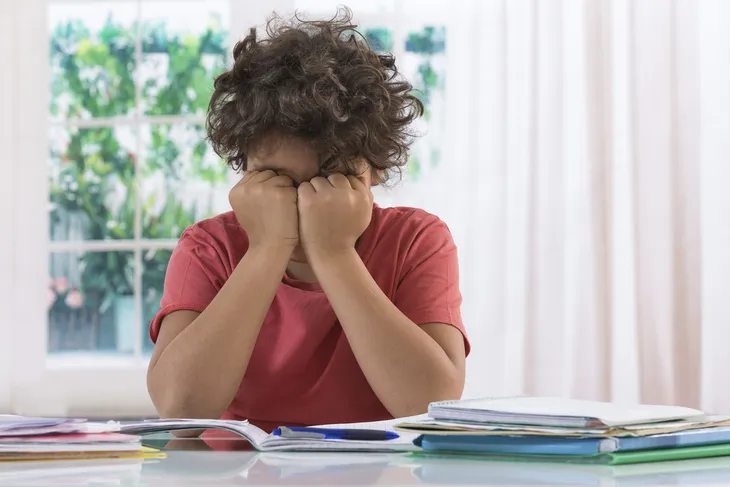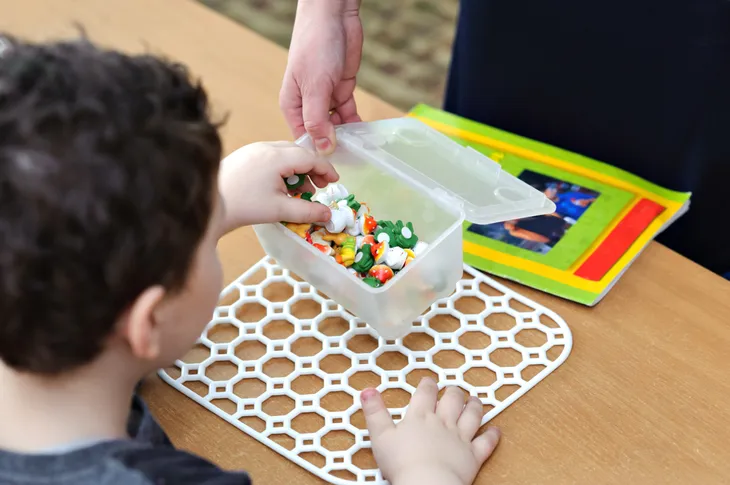A cleft lip or palate is the result of improper fusing during fetal development, and it affects about 1 in 700-babies, making it quite a common defect. However, aside from the cosmetic aspect of having a cleft lip that can make a patient self-conscious (in order children), it can also be tied to other health problems.
The extent of the cleft lip or palate can match the severity of the health-associated complications, notes the Mayo Clinic. Luckily, there are ways to address some of these complications, and there’s also procedures that can help reverse cleft lip of it becomes an option. Here are six issues that can follow a cleft lip…
Feeding Barriers
The Mayo Clinic notes that the most prominent problem of a newborn with cleft lip/palate is properly feeding from a mother’s breast. “While most babies with cleft lip can breastfeed, a cleft palate may make sucking difficult,” notes the source.
In some cases, the use of a specialized cleft palate feeding bottle can be useful to help your baby get the nutrients they need. You could opt to use a breast pump to fill the bottle with natural milk rather than formula if preferred.
Hearing Loss
While cleft lip and palate seems to be a problem isolated to the oral cavity, it can also affect the efficiency of a patient’s ears. CleftLine.org explains that hearing loss is quite common among newborns, and more so with those born with cleft lip.
Cleft palate in particular is more associated with middle ear disease, adds the source. The “good” news is that auditory problems from cleft palate fall into the conductive hearing loss category – often caused by ear infections – “which is easily corrected,” according to the source.
Lowered Self-Esteem/Behavioral Problems
An article from the Cleft Palate-Craniofacial Journal follows behavioral and neuropsychological impacts on children in three age groups – infants, school age, and adolescent/young adults.
Not surprisingly, the biggest impacts on self-esteem may be experienced by those approaching their adolescent years, as they (and their peers) become more self-aware of appearance and ability to pronounce words properly. The source notes that while there’s no evidence that clefts can lead to severe issues with psychological health, it may cause some patients to internalize their behaviors and that can manifest in other ways later in life.
Learning Disabilities
The University of Iowa Stead Family Children’s Hospital notes that children with cleft palate are at “slightly increased” risk for facing learning disabilities, “in particular for having difficulty learning to read”.
However, the source also notes that clefts can be only a part of a larger syndrome, which can include learning disabilities. “It seems to be the case that the majority of children with clefts of the lip or palate develop normally unless there are other problems that occur along with the cleft,” adds the source.
Tooth Development Problems
CleftLine.org explains that a cleft lip or palate can affect the position and shape of baby teeth growing in. The teeth most commonly affected by a cleft are the lateral incisors, at the front of the mouth. The source notes these teeth may be missing altogether as a result of a cleft.
On the flipside of that coin, it can also cause other issues such as “twinning” of the lateral incisors – one on each side of the cleft, adds the source. Even in teeth that have grown in, the shape and root structure may be affected, it adds. It’s best to consult a dentist that has experience in this area.
Speech Delay
John Hopkins Medicine explains that speech and language delay are both symptoms of cleft lip or palate. This is because the function of muscles that produce speech can be impacted by the cleft, resulting in no speech or abnormal speech, it explains.
The source also notes that a solution for this problem could be to consult with a speech therapist that can help speed up the process. You can also assist in development at home by encouraging your child to communicate with you as much as possible.
